Since it was announced that Special Counsel Robert Mueller concluded his investigation into Russian interference in the 2016 election on Sunday, the topic has been covered relentlessly by the news media. It is the subject of every headline and every late-night news show...and it hasn't even been released yet. Though I'm sure its contents will be significant, for now, most details of the report remain up in the air. So if you've tired of reading all about it this week, I recommend catching up on these other (important) news stories you might have missed.
The Ongoing Flint Water Crisis
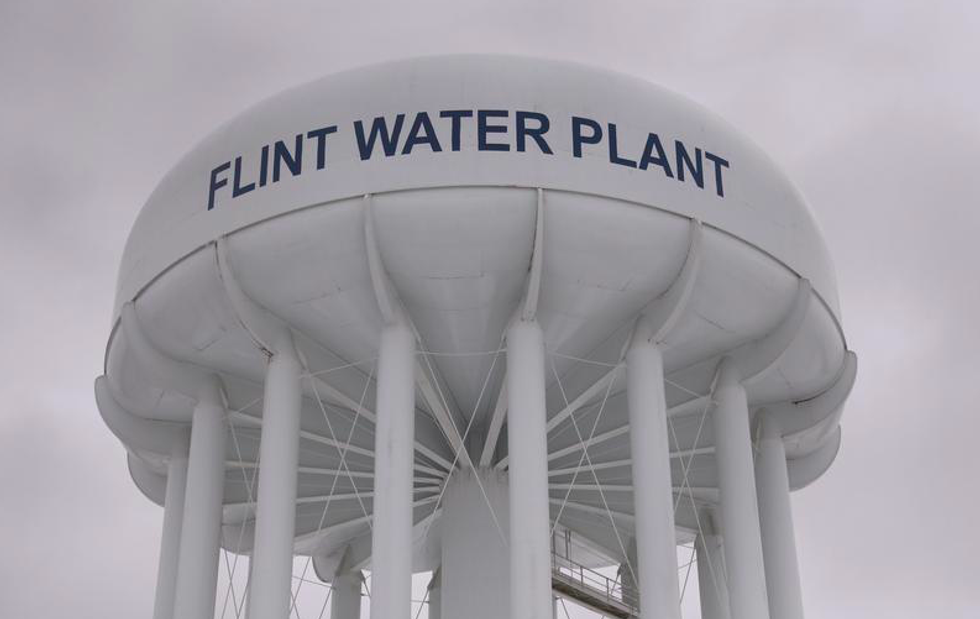
https://twitter.com/search?q=%23FlintWaterCrisis&f=images&src=tyah
The Flint water crisis first made national headlines in 2014, when the Michigan city announced that it would switch its water supply to the Flint River to save money. A year later, test results by the EPA and Virginia Tech found dangerous lead levels in the water, sparking health issues across the city. A study led by Dr. Mona Hanna-Attisha, a pediatrician at Hurley Medical Center, found that the number of children with elevated lead levels in their blood nearly doubled since the city switched its water supply. Although Flint officially switched its water source back to Detroit in October 2016, pipelines corroded by lead still threaten the city's water. Residents rely on a limited supply of water bottles to keep their needs met.
The Measles Outbreak And Anti-Vaccine Movement
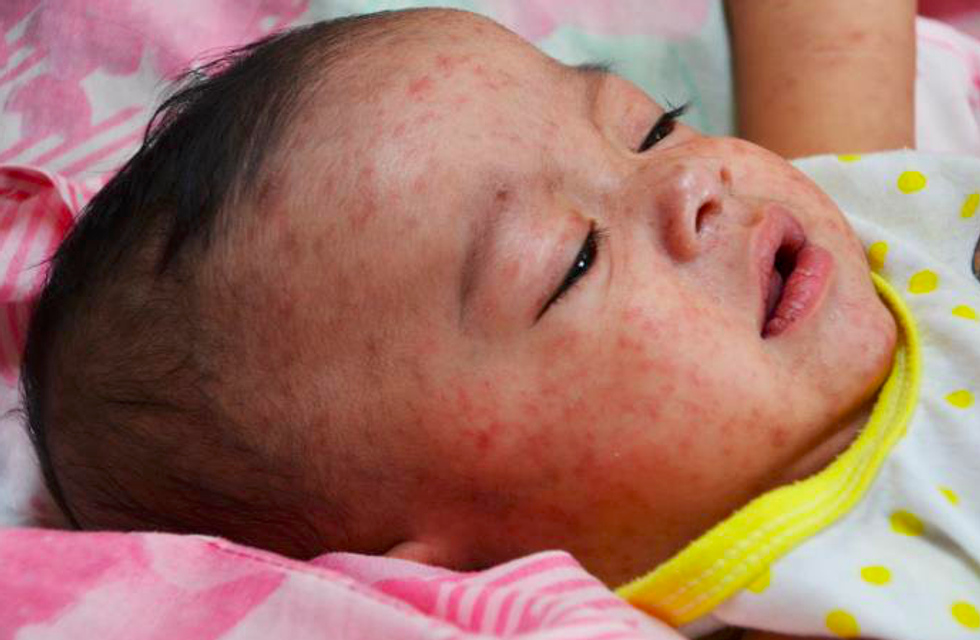
https://twitter.com/search?f=images&q=%23measles&src=typd
According to the Centers for Disease Control and Prevention, between January 1 and March 21, 2019, 314 cases of measles have been confirmed in 15 states. Six outbreaks have been reported in Rockland County, New York, New York City, Texas, Washington, Illinois, and California. The increase in measles cases comes on the heels of the anti-vaccination movement gaining momentum across the United States. Although most states require that children be vaccinated against measles, many allow nonmedical exemptions, putting vaccination choices in the hands of parents. As vaccine misinformation continues to spread over the internet, measles outbreaks may reach new areas.
Puerto Rico's Continuing Struggle to Recover After Hurricane Maria
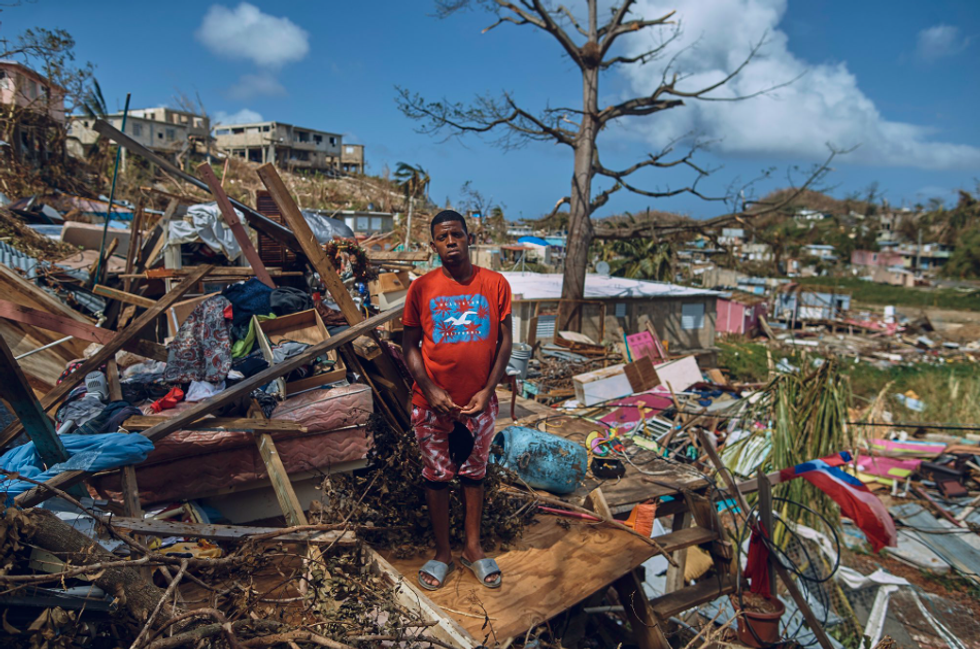
https://twitter.com/search?f=images&q=%23hurricanemaria&src=typd
In September 2017, Hurricane Maria brought the first wave of destruction to Puerto Rico. Two years later, the small island is still trying to recover from the Category 5 hurricane that left houses destroyed and citizens without water. Part of its slow recovery can be attributed to the federal government's hesitation in granting aid to Puerto Rico. Although power has been restored to most areas, thousands of homes remain roofless and many remain out of a job as businesses have yet to reopen. A report released from the Government Accountability Office on Monday called out the federal government's slow action in getting block grants to places most affected by the hurricane.
The Most Diverse Group of Candidates in History Takes Over 2020 Presidential Election
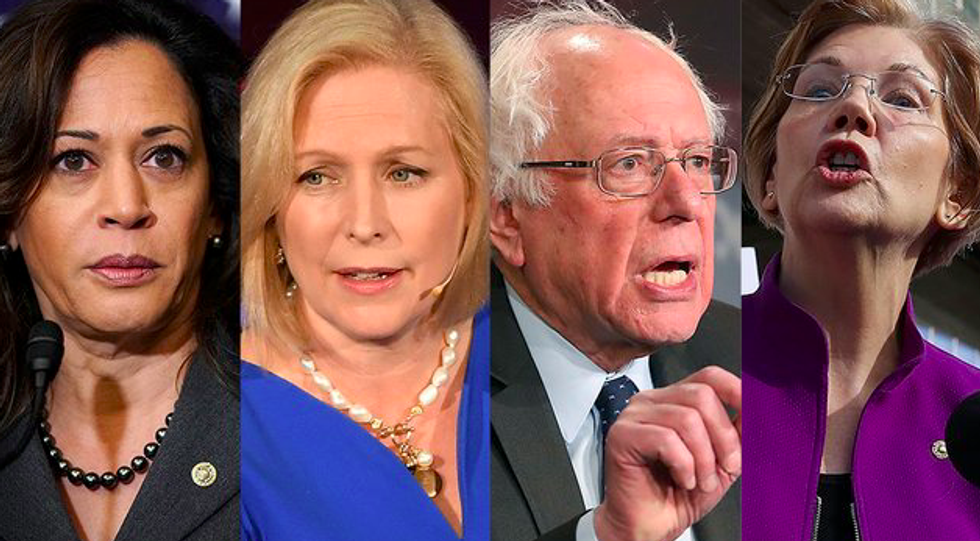
https://twitter.com/search?f=images&vertical=news&q=2020%20dems&src=tyah
Since July 2017, 17 people have come forward as presidential candidates for the upcoming 2020 election. With this large group of candidates has come an unparalleled amount of diversity — the most ever seen in a U.S. presidential election. Of the candidates, six are women, and four belong to minority groups. Although it may not seem like a lot in an ever-growing field of contenders, it's certainly a milestone in a country that has yet to elect a woman as president, and has had only one non-white president to date. The shifting backgrounds of U.S. presidential candidates are beginning to reflect more accurately the diversity among America's electorate, changing the politics of presidential elections.
The U.S. Women's Soccer Team is Suing the U.S. Soccer Federation For Gender Discrimination
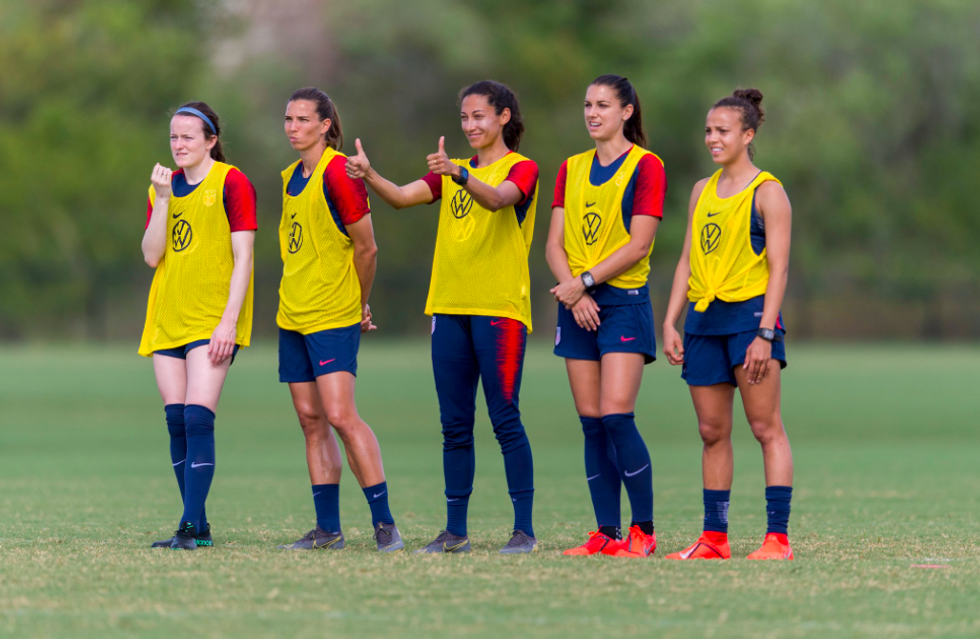
https://twitter.com/search?f=images&vertical=default&q=USWNT&src=tyah
On March 8, twenty-eight members of the world-cup winning team filed a lawsuit against their employer on the basis of discrimination not only with regard to income, but in many other areas as well. The team has argued for years the unfairness in outperforming the men's team while earning less than them. This lawsuit comes on the heels of a previous win for the women in 2017, when, using their high-profile influence in the soccer world, they coerced FIFA into doubling the prize money for the last Women's World Cup. The team's continued efforts to bring more equality into U.S. soccer serves as inspiration to other U.S. women's teams seeking the same goal.

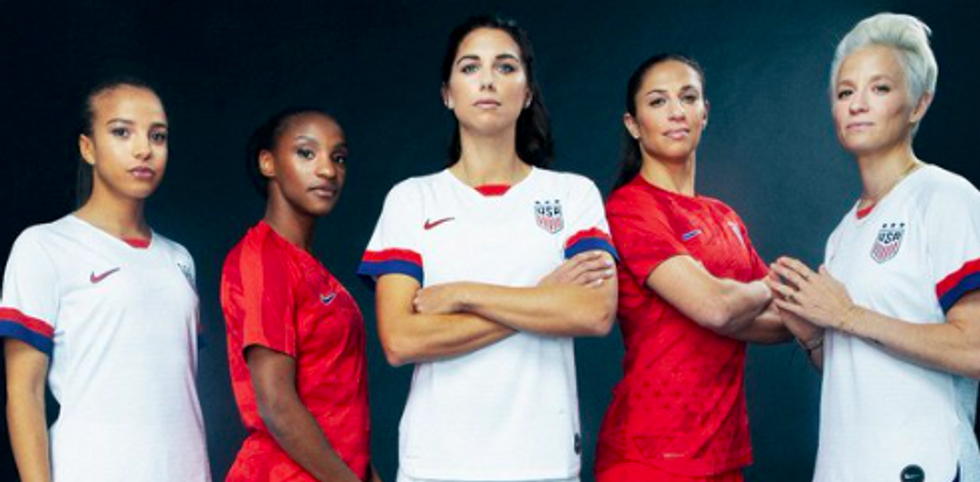


 Energetic dance performance under the spotlight.
Energetic dance performance under the spotlight. Taylor Swift in a purple coat, captivating the crowd on stage.
Taylor Swift in a purple coat, captivating the crowd on stage. Taylor Swift shines on stage in a sparkling outfit and boots.
Taylor Swift shines on stage in a sparkling outfit and boots. Taylor Swift and Phoebe Bridgers sharing a joyful duet on stage.
Taylor Swift and Phoebe Bridgers sharing a joyful duet on stage.








